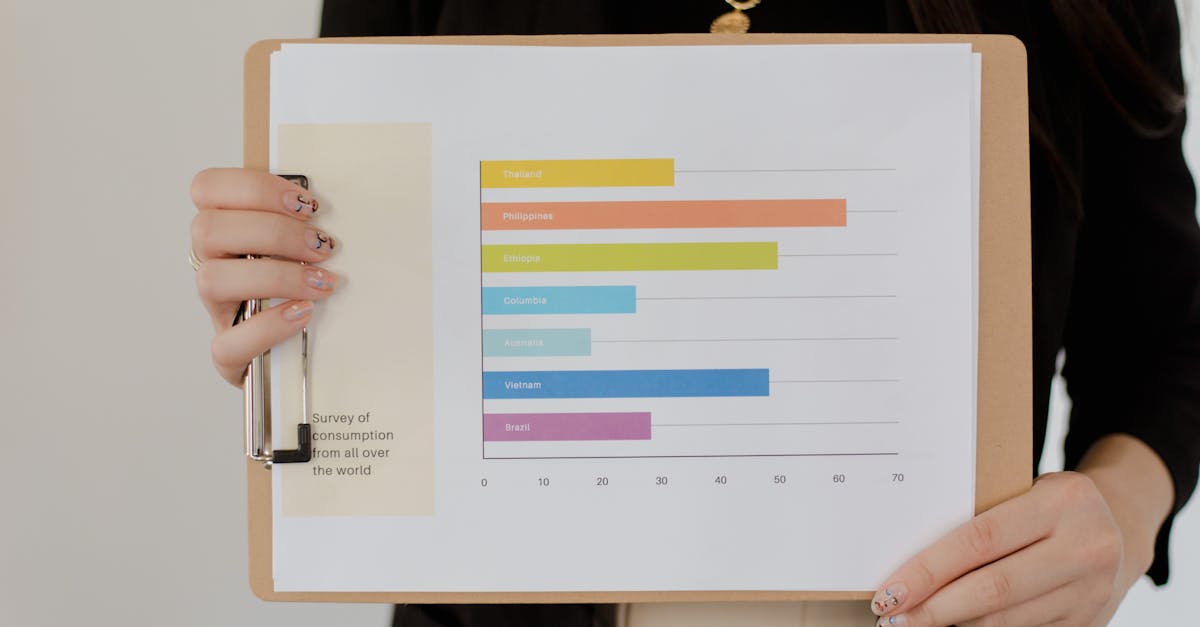In a world where smartphones are practically extensions of our hands and AI is learning to outsmart us at chess, it’s no wonder that human behavior is evolving faster than a cat video can go viral. As emerging technologies reshape our daily lives, they’re not just changing how we interact with gadgets; they’re transforming how we connect with each other.
Imagine a future where your coffee machine knows you better than your best friend. Sounds a bit creepy, right? Yet, this blend of technology and human behavior raises intriguing questions about our relationships, decision-making, and even our identities. Buckle up as we dive into the fascinating intersection of human quirks and cutting-edge innovations, where laughter and insight collide in a digital dance.
Table of Contents
ToggleOverview of Human Behavior and Emerging Technologies
Human behavior is increasingly intertwined with emerging technologies. Smartphones, for example, have shifted communication patterns, facilitating instant connectivity. AI systems now offer personalized recommendations, impacting choices in daily life.
Social interactions evolve as individuals engage more through digital platforms than face-to-face encounters. The reliance on virtual communication has led to new expressions of identity, with social media shaping how people present themselves and interact with others.
Technology also influences decision-making processes, introducing a tendency toward reliance on algorithms for guidance. Users often turn to technology for opinions on various topics, from shopping to health, which raises questions about autonomy and trust.
Additionally, the integration of technology in education alters learning behaviors. Students access vast information online, promoting self-directed learning but potentially diminishing attention spans.
Understanding these changes requires an analysis of the psychological effects of technology. Anxiety and the fear of missing out are common in heavily connected individuals. Users constantly compare themselves to others in digital spaces, affecting self-esteem and mental health.
Emerging technologies also prompt ethical considerations. Privacy concerns arise as individuals trade personal data for convenience or services. Balancing technological benefits and drawbacks becomes essential as society adapts to these innovations.
Exploring the relationship between human behavior and emerging technologies reveals significant implications for future communications and social structures. Changes observed illustrate the depth of this intricate interplay, emphasizing the need for ongoing dialogue on technology’s role in shaping human experience.
The Impact of Technology on Human Behavior

Technology profoundly influences human behavior, particularly through communication and social interactions.
Changes in Communication
Smartphones reshape how individuals converse, providing instant messaging and video calls. Texting often replaces phone calls, leading to shorter exchanges. People increasingly rely on emojis and GIFs to express emotions, creating new forms of expression. Tone and context sometimes get lost in digital conversations, potentially leading to misunderstandings. Heavily connected individuals display a preference for asynchronous communication, valuing flexibility over spontaneity. Statistical data indicates that 79% of people favor texting over talking, highlighting this shift. These changes also result in an increased propensity for miscommunication, leading to a demand for clearer digital etiquette.
Shifts in Social Interaction
Emerging technologies alter social dynamics, with online interactions surging in popularity. Many individuals now prefer engaging on platforms like Facebook or Instagram rather than meeting face-to-face. The average person spends over two hours daily on social media, significantly impacting real-life relationships. People often curate their online personas, sometimes detaching from genuine identities. Virtual events and meetups replace traditional gatherings, emphasizing digital connectivity. The UNICEF report shows that 57% of young people feel more comfortable expressing themselves online, reflecting this trend. Consequently, relationships evolve, intertwining personal and virtual experiences.
Psychological Implications of Emerging Technologies
Emerging technologies significantly influence mental health and shape perceptions of reality. Understanding these effects is essential for navigating the modern landscape.
Effects on Mental Health
Increased connectivity through technology often correlates with mental health challenges. Anxiety frequently arises from the pressure to maintain an online presence and respond promptly to messages. Studies show that 51% of heavy social media users experience feelings of anxiety when offline. Social media contributes to low self-esteem as users compare themselves to curated online personas. Moreover, FOMO, or fear of missing out, can intensify feelings of exclusion among individuals not participating in trending online activities. Ultimately, while technology offers connection, it simultaneously poses risks to mental well-being.
Changes in Perception and Reality
Changing perceptions influence how individuals engage with the world. Augmented reality and virtual environments blur the line between physical and digital experiences. For instance, 57% of young people report feeling more at ease expressing themselves online versus in person. Online interactions reshape social norms, leading to altered expectations in personal relationships. Furthermore, technology introduces cognitive biases, as algorithms often filter information to align with individual preferences. Grasping these changes is vital for understanding how technology redefines social interactions and personal identity.
Ethical Considerations
Ethical considerations arise prominently in discussions about human behavior and emerging technologies. Privacy remains a significant concern as individuals trade personal data for conveniences provided by digital services.
Privacy Concerns
Data collection practices raise alarms regarding personal privacy. Statistics show that 79% of people express worry about their data usage. Many users may not fully grasp the extent of data shared with organizations. Thus, the risk of data breaches increases, often leading to identity theft or misuse of personal information. Companies collecting data need to optimize transparency to maintain trust. By prioritizing user consent and clarity about data usage, organizations can navigate privacy challenges more effectively.
Behavioral Manipulation
Behavioral manipulation becomes evident in how algorithms shape user experiences. With 51% of heavy social media users feeling anxious when offline, companies often design platforms to keep individuals engaged. Notifications and tailored content can create addictive patterns, influencing behavior and decision-making. As technology becomes more refined, the potential for misuse increases. Developers need to prioritize user well-being by implementing ethical guidelines. Addressing these concerns leads to healthier interactions between individuals and technology.
Future Trends in Human Behavior and Technology
Emerging technologies are poised to reshape human behavior in unprecedented ways. As connectivity increases, the influence of smartphones and AI becomes more pronounced. Changes in communication patterns are evident; individuals frequently choose digital interactions over face-to-face conversations. 74% of users prioritize instant messaging over traditional phone calls.
AI’s role in decision-making expands, as algorithms guide personal choices and preferences. These systems contribute to a rise in self-reported anxiety, with 51% of heavy social media users feeling disconnected offline. This dependency prompts concerns about autonomy and individual agency.
Education is also undergoing a transformation. Technology encourages self-directed learning, but attention spans are shortening. Younger generations exhibit a preference for bite-sized content, affecting knowledge retention. While technology provides accessibility, it introduces challenges regarding the depth of understanding.
Privacy issues remain critical. With 79% of people worried about data usage, users increasingly trade personal information for convenience. Many individuals do not fully comprehend the implications of data sharing, elevating risks of breaches and identity theft. Companies must emphasize transparency and user consent to foster trust.
Behavioral manipulation is another significant trend. Algorithms designed to maintain user engagement can create addictive patterns. Ethical considerations arise as platforms prioritize user retention over mental well-being. Developers face pressure to implement ethical guidelines, aiming to enhance user experience and promote healthier interactions.
Future trends in human behavior and technology underscore the intricate relationship between these elements. Continued dialogue about technology’s influence on human experience remains essential for societal progress.
The interplay between human behavior and emerging technologies is undeniably profound. As individuals adapt to new tools like smartphones and AI, their communication and decision-making processes evolve in ways that raise important questions about autonomy and mental health.
The shift towards digital interactions has transformed relationships and identities, often at the cost of face-to-face engagement. With rising concerns about privacy and the psychological effects of constant connectivity, it’s crucial for both users and developers to navigate these challenges thoughtfully.
As technology continues to advance, understanding its impact on human behavior will be essential in fostering healthier relationships with these tools, ensuring that innovation supports well-being rather than undermines it.


